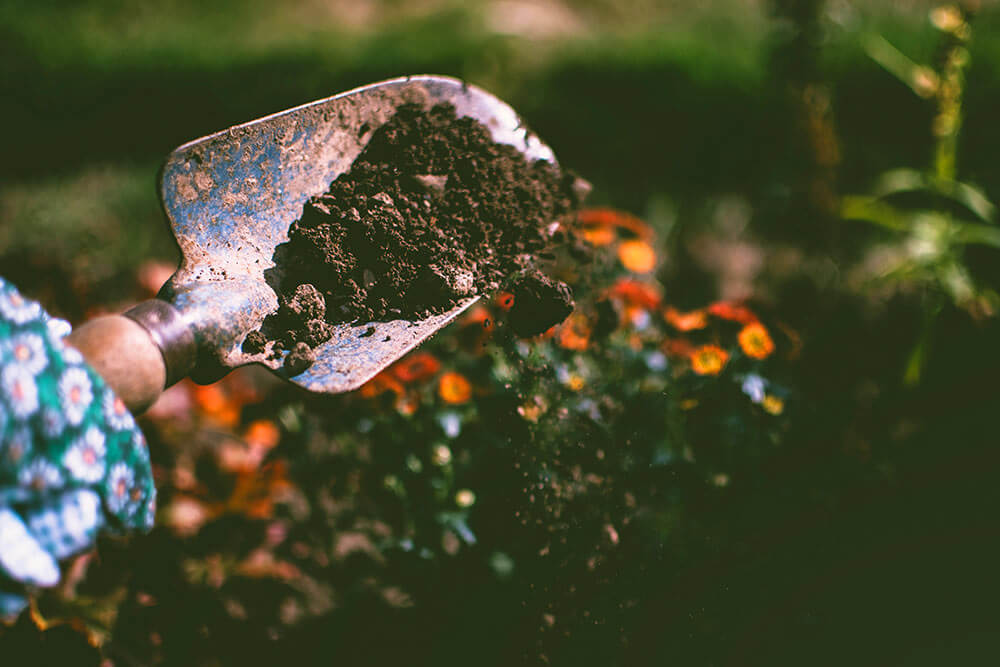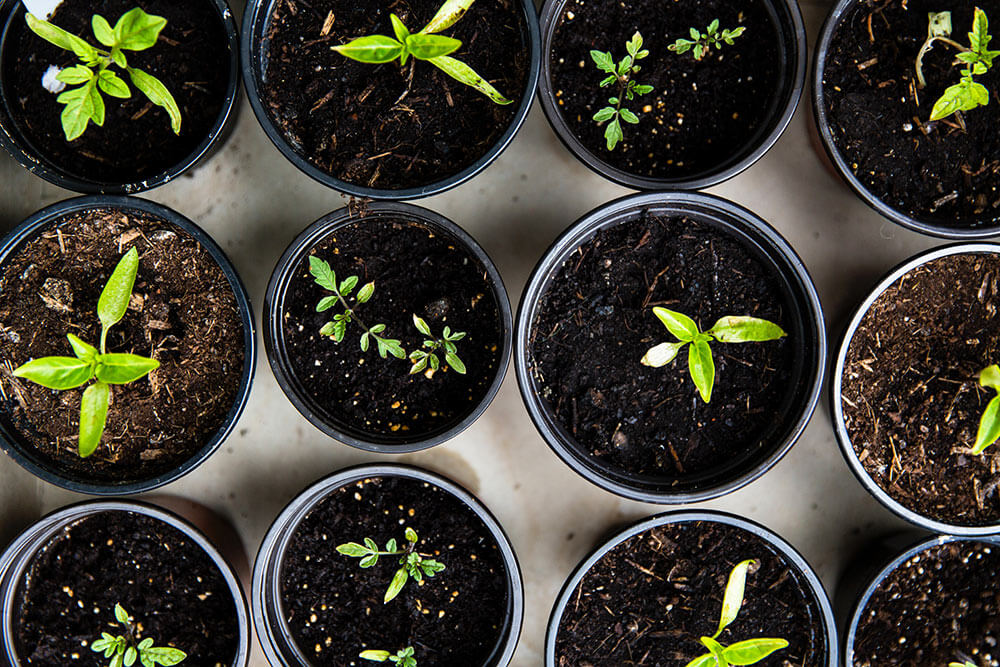About Our Biochar
Biochar is a fine grained, extremely porous, light weight and stable form of carbon. Biochar provides for improved water retention, aeration, and soil tilth. It stabilizes nitrogen and improves soil structure. Biochar increases a plant’s Cation Exchange Capacity (CEC) and leads to net sequestration of carbon from the atmosphere to the soil thereby increasing soil organic carbon (SOC).
Basically, Biochar is organic matter that is burned slowly, with a restricted flow of oxygen, when the material reaches the charcoal stage the fire is stopped. Biochar is naturally occurring and associated with fertile soils for some two thousand years!



The Fundamentals
Biochar is full of crevices and holes, creating safe havens for the soil’s microorganisms. The carbon compounds in charcoal form loose chemical bonds with soluble plant nutrients so they are not readily washed away by rain and irrigation. The pores in biochar provide a suitable habitat for many microorganisms by protecting them from predation and drying while providing many of their diverse carbon C, energy and mineral nutrient needs. It is a testament to an ancient soil-building method that reduces leaching of critical nutrients, creates a higher crop uptake of nutrients, and provides greater availability of soil nutrients including nitrogen, phosphorus, calcium, and magnesium.
Biochar stimulates the activity of a variety of important soil microorganisms, and greatly affect the microbiological properties of soils. Mineralization in soils is much slower giving both organic matter and microorganisms in soil enhanced staying power slowing the leaching away of nutrients. Biochar organically enriched soil retains nutrients for decades rather than a couple of seasons.